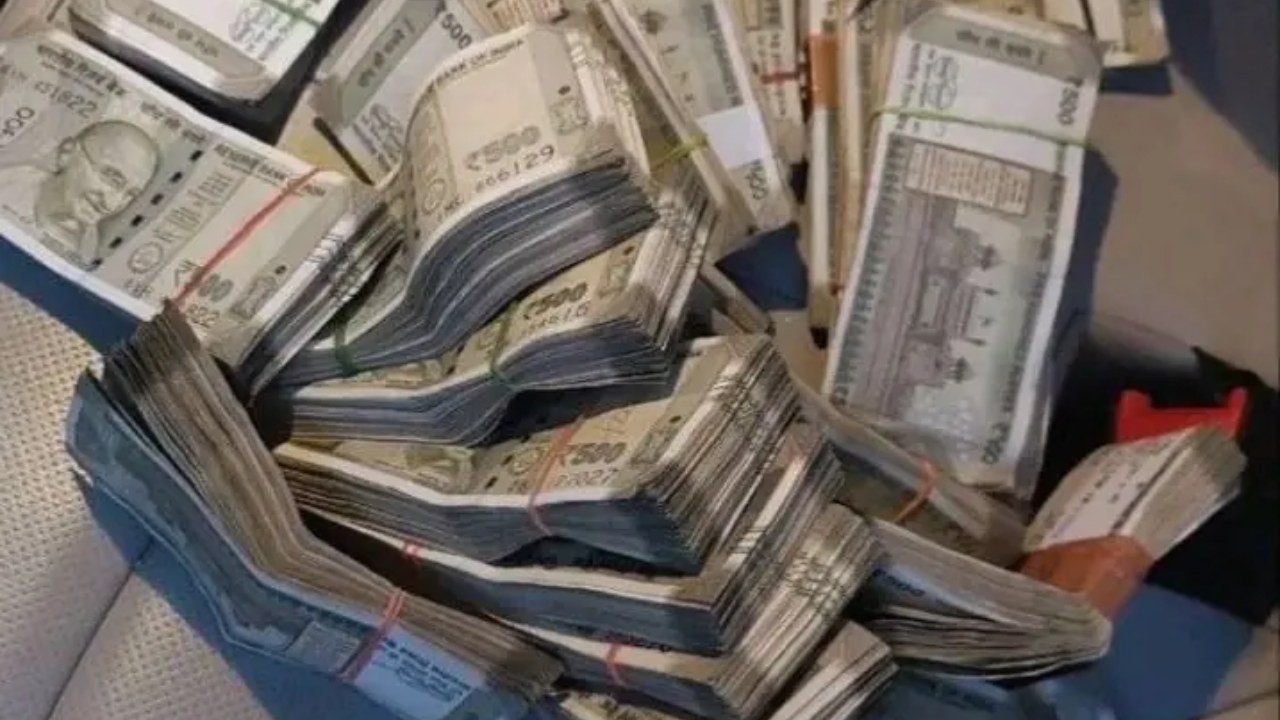Cash Can You Keep at Home: In the last few years, India has seen a digital revolution. Today, everything from paying electricity bills to mobile recharge, ticket booking, and online shopping is done in a few seconds on a mobile or laptop. Despite this, an old habit still persists—the habit of keeping cash at home.
Many families consider cash a symbol of security, convenience, and prestige. In case of sudden expenses or emergencies, people find it better to keep money in their pockets or at home. But often this question arises in people’s minds—is there any limit on keeping cash at home? Can the Income Tax Department take action for this?
No limit on keeping cash
Contrary to popular belief, the Income Tax Department has not imposed any restriction on keeping cash at home. According to tax experts, you can keep any amount of money at home, it is completely legal—provided the source of that money is legitimate.
This means that whether you keep a few thousand rupees or lakhs of rupees at home, there is nothing wrong with it. But the condition is that you can prove where this money has come from.
Why is the source of income important?
The Income Tax Department always keeps an eye on the source of money. Suppose you have made a withdrawal from your bank account, received a salary, sold property, or earned profit from business—then keeping this amount at home is completely legal. But for this, you should have proof, such as a salary slip, a bank statement, a property sale agreement, or receipt.
If you are unable to produce any document during the raid or investigation, then this amount will be considered as undeclared income, and legal action can be taken.
Disadvantages of keeping cash without proof
If the Income Tax Department finds a huge amount of cash at home and its source is not clear, then serious consequences can be faced. In such cases, the amount can be confiscated, along with the provision of a fine of up to 200% and a jail sentence under the Income Tax Act.
This is why financial experts always recommend keeping a paper record of every transaction involving large amounts of cash. Evidence such as bank statements, sales agreements, or receipts proves that the cash is part of legitimate income.
It is not wrong to keep cash, but it is your responsibility
It is important to understand that keeping cash at home in India is not legally wrong. Whether you keep a few thousand rupees or lakhs, it completely depends on your convenience and choice. But at the same time, it is your responsibility to show that amount in your income tax returns and keep clear evidence of its source.
People whose income tax returns are filed regularly and whose income records are clean do not have to fear any raids or interrogation. But for those who hide their income or make transactions without accounting, keeping cash at home can prove to be a big risk.
The digital age has changed the picture of transactions, but the importance of cash still remains in Indian families. Keeping cash at home for emergencies, medical emergencies, or sudden expenses often provides relief. The government does not put any restrictions on this, but the only condition is that the source of the money should be clean and legal.
So, keeping cash at home is your right, but proving its source is your responsibility. If you keep a proper account of your income, then keeping cash at home will never be a problem. The real relief lies in the fact that the money kept with you is completely legal and safe.
